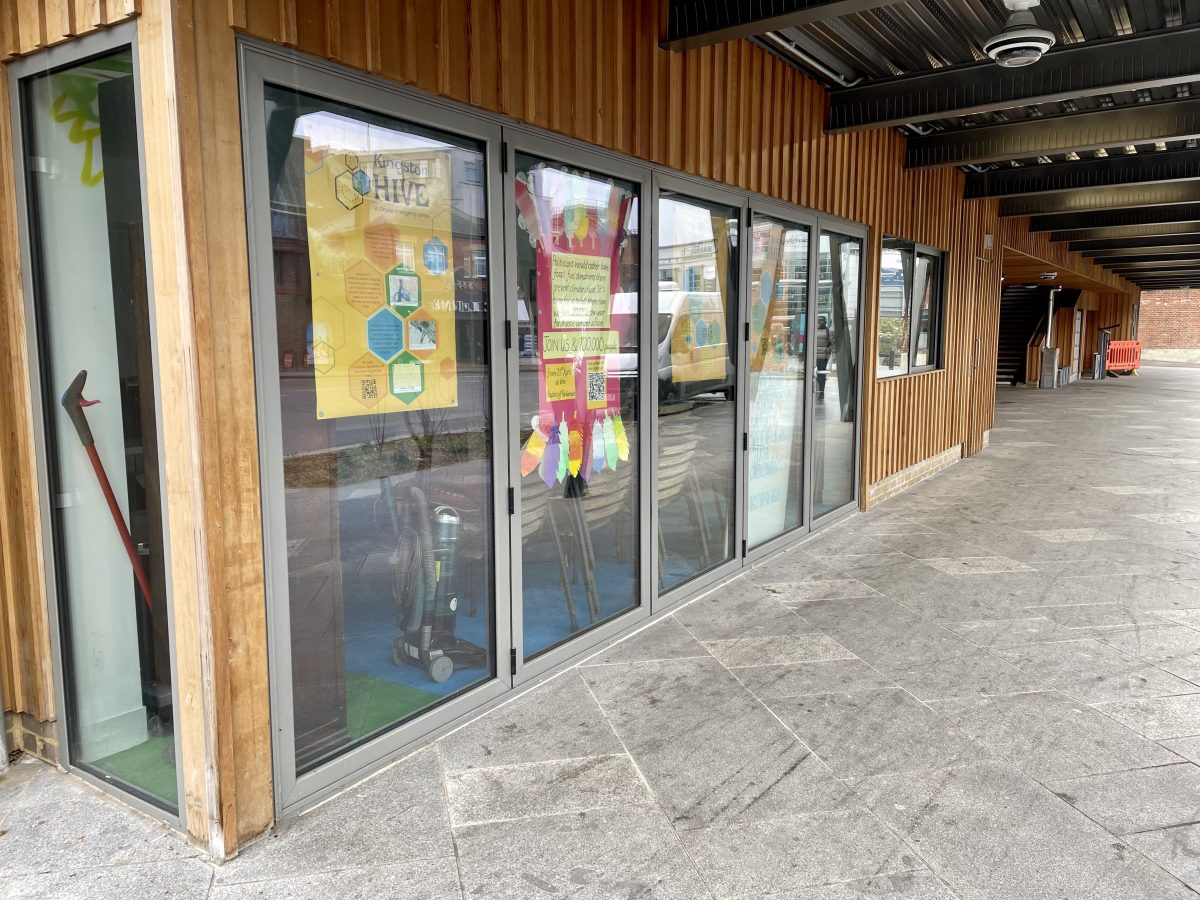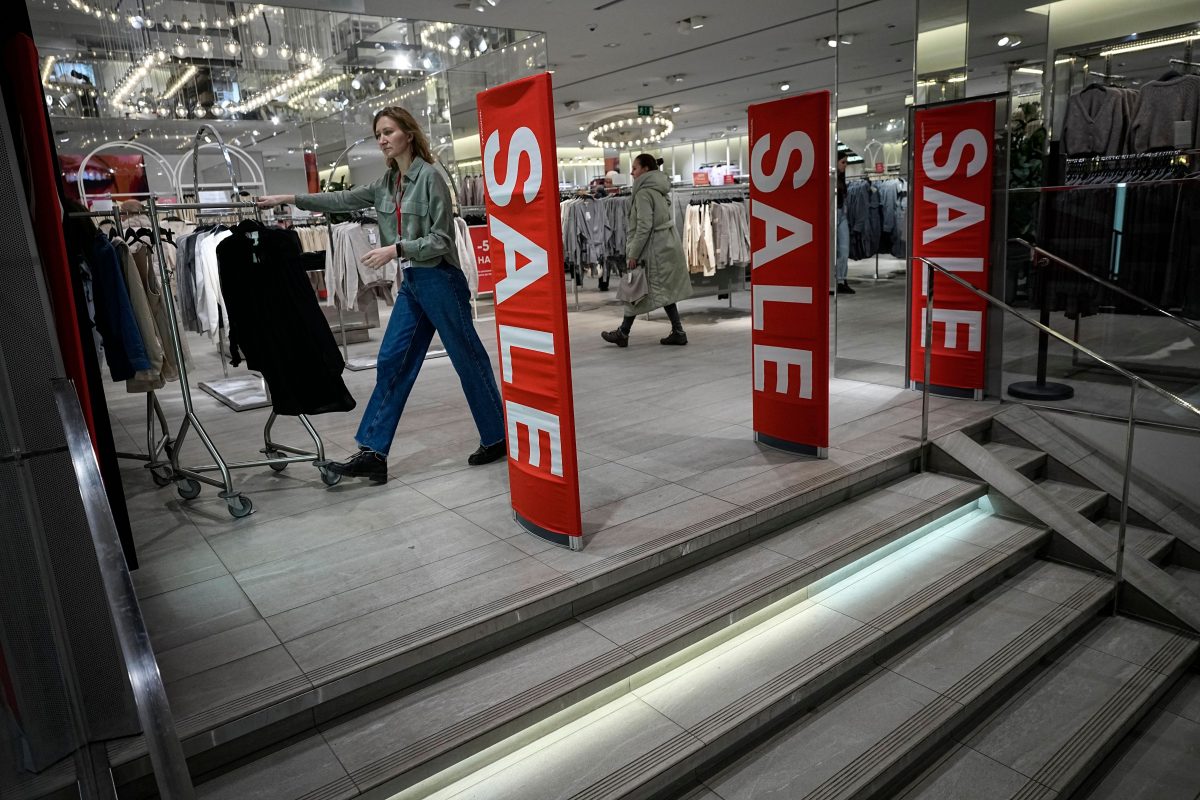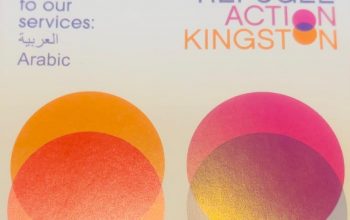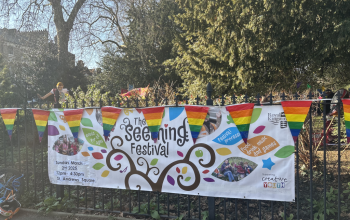Society has been found guilty of excessive consumerism but one leadership coach has realised a new pair of shoes is not real happiness and is sharing her guide to discovering what is.
The term ‘leadership coach’ brings to mind images of grey seminar rooms, endless textbooks, and binders full of inspirational quotes. Samia Shehadeh is the opposite of the stereotype: she invites guests to take one of the mismatched chairs on offer and gets to work offering herbal teas in equally disparate mugs.
The seasoned coach and business psychologist, with almost 30 years’ experience, believes leadership begins with the individual. What sets her practice apart is a passion for sustainability which Shehadeh connects to leadership. She says she hopes her monthly ‘Climate Coaching’ sessions will support the community to find leaders within themselves to guide them to positive impacts on the environment.
“You don’t have to be a politician doing it all, or not as the case might be. We all have power and are leaders in our own way. If everyone did a little bit, things might start shifting,” she said.
Shehadeh sits at the head of a small coffee table hand painted with leaves and climbing vines in Kingston’s climate emergency centre, The Hive. She is one of a collective of volunteers working to provide an open space for the community. It is based in the Cyclehub on Wood Street and offers support to people to help themselves and the planet.
Volunteers run drop-in home energy advice sessions, upcycling workshops, and vegan cooking demonstrations. This is only a few of the events noted on their jam-packed calendar for the next few months. Shehadeh’s next Climate Coaching meeting will take place on April 26.
“The Hive is a great opportunity for me to do more for the community. I want these sessions to move fluidly with individuals needs. I want to support people who want to do anything related to sustainability,” she said.
The sessions include group coaching techniques and guidance from Shehadeh’s model in her published piece ‘9 Ways of Being in Leadership’. It asks attendees to discover what obstacles they face and how to overcome them to reach the leadership and sustainability goals of their businesses, family, community, or self.
Urban spaces effect society’s perception of nature

Shehadeh is multi-national but says she has strong roots in the UK and has lived most of her life in and around London. She adds it is urban spaces like the capital that allow people to forget that nature sustains society.
“There are no birds here and if you’re living happily in this space why would you worry about what’s missing?
“If people don’t connect with something they are not going to want to do something about it because they don’t understand it, or it’s got nothing to do with them,” she said.
Programmes like the Ultra Low Emission Zone (ULEZ) have been put in place to control the effects of urban areas on the climate. However, London still has a long way to go to limit its contribution to air pollution. According to London Air, the city reached the top value of 10 on the UK governments index in January. This was the highest it had been for six years.
The consequences of climate change have been felt increasingly around the world in the last few years. Even so, Shehadeh says if people are lucky enough to live in a climate that has not been affected it does not mean it will always be safe.
She said: “What drives drought in Africa will impact us here. The world is a big system and where one imbalance happens others will follow. Climate emergencies that people think are far away are still part of our home. We are all part of this system and living in it.”
Shehadeh recalls how she came to understand leadership and says it was an “evolution” to understand how it was connected to sustainability. She adds she took responsibility for herself in the context of the wider system of the planet and says if everyone did the same there would not be the sort of power struggles that are common today.
She currently holds one-to-one coaching sessions across all government departments in conjunction with Cranfield School of management. Shehadeh says she feels very fortunate to support people who are already in the space of helping the environment and to begin a ripple effect in this way.
“People do go away knowing themselves better and being able to act better, to motivate others better and to deliver better in their own systems. I can see it when I work with people on their inner development to shift their barriers. They feel happier when they understand what’s stopping them and what’s driving them,” she said.
Excessive consumerism

Photo: Alexander Zemlianichenko/AP/Shutterstock.
According to Shehadeh, if people consume material things at the current pace then businesses will keep providing at the same pace because it makes a profit. However, if everyone recognised their role as leaders and did their bit to help to environment, there would be more momentum for change.
“As an individual, we are our own system living in other systems. It’s the power of one that has a ripple effect going upwards and outwards into all levels of society,” she said.
She is quick to add that change is not solely down to the individual. She explains her thinking that every part of the system should be working on sustainability. Politicians should be adapting policies to help companies shift but consumers need to be ready to recognise excessive consumerism.
Consumer spending in the UK has faced the risk of a downturn since inflation reached a 41-year-high of 11.1% in October 2022. Nevertheless, industries like fashion have defied the cost-of-living crisis and fed society’s endless call for more. The Guardian reported money spent on clothing has risen above pre-pandemic levels.
Shehadeh says: “Buying a new pair of shoes might make you happy for a day but is that real happiness?
“Real happiness revolves around belonging, love, community, and nature because nature feeds us all.”
She says people often forget that we need nature in the same way every other animal does. Unlike other animals, we have lost our understanding of where our happiness comes from. The Hive says the Climate Coaching sessions can support attendees to find what is important.
Shehadeh adds: “We feel like we are detached from nature, as if it’s something we need to save. Nature doesn’t need saving; we just need to stop destroying it.”





